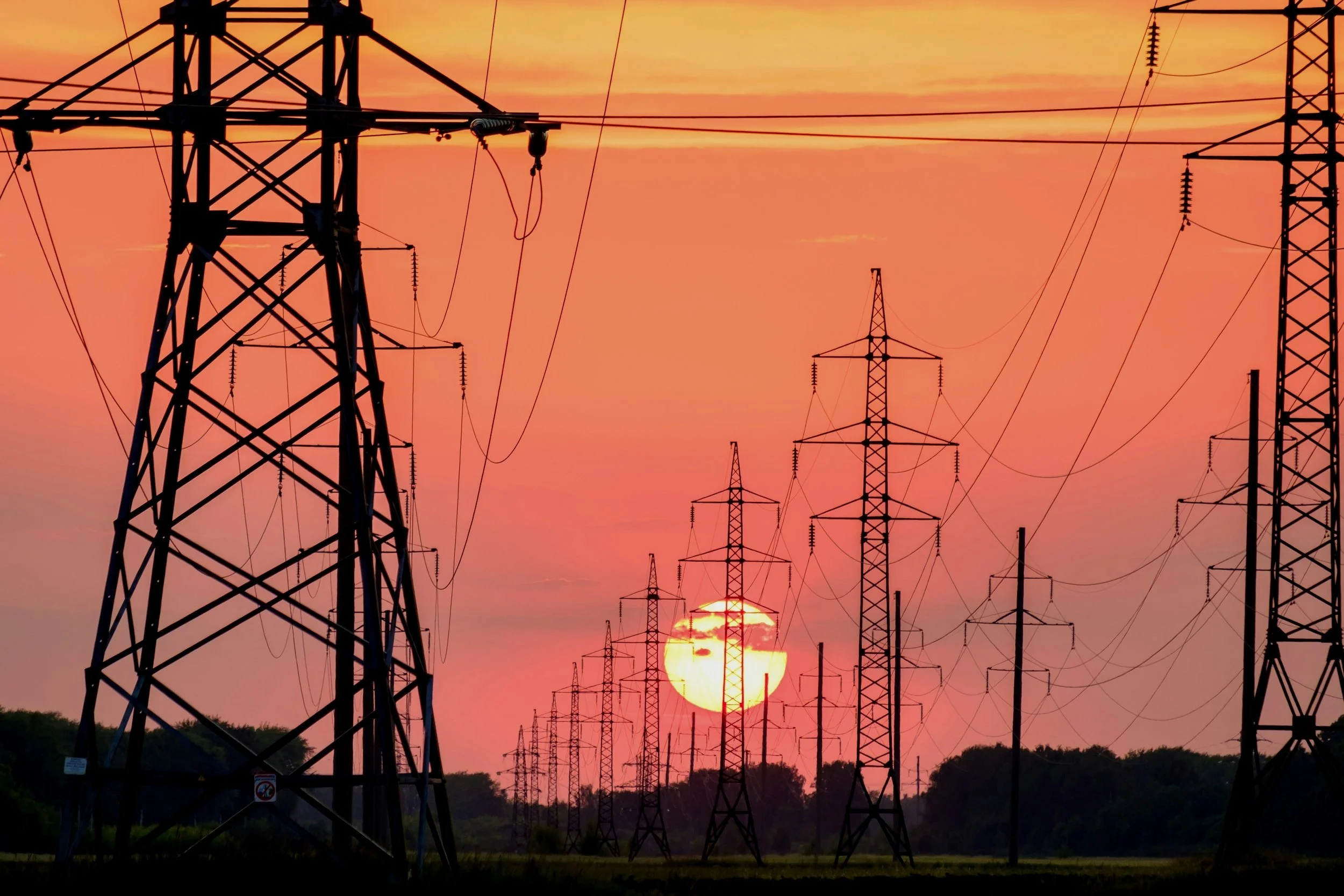
About
The Resiliency Company’s mission is to inspire and empower humanity to adapt to the accelerating challenges of the next 100 years to create a more abundant and equitable future for all.
The Resiliency Company envisions a world in which communities, families, and businesses in the United States can thrive amidst the growing challenges of the climate crisis. We believe that by shifting markets and minds towards resilience we can reverse the increasing costs associated with more frequent and severe climate hazards.
The Resiliency Company is an affiliate organization to Network for Good, a philanthropic platform that has helped finance disaster recovery as part of the critical financial infrastructure for nonprofits in times of disaster.
Since its founding in 2001, Network for Good has distributed over $5 billion to more than 400,000 charities, with donations to disasters consistently ranking among the platform’s most significant giving categories. The Resiliency Company is also the creator of The Epicenter, a platform and publication for capital allocators investing in adaptation and resiliency to ready their portfolios for more frequent climate-driven disasters.
The accelerating rate of climate-driven disasters in the U.S. requires us to catalyze capital toward adaptation and resilience. As the frequency of extreme climate events increases, the costs of disasters are rising due the exposure and vulnerability of assets and post-disaster premiums that make rebuilding ever more expensive as demand outpaces supply. It’s within this context that The Resiliency Company seeks to create the market of resilient infrastructure, drive adoption of resilient solutions, and create conditions to crowd in more private capital.

From Hurricane Katrina to the Maui wildfires in 2023, disasters of this magnitude reveal the structural failures of critical social, economic, and physical infrastructure in the U.S.
Disasters exacerbate the underlying socioeconomic challenges that have long plagued this country. The American Society of Civil Engineers’ most recent report gave the U.S. infrastructure a C- and outlined that the U.S. faces $2.59 trillion in infrastructure needs over the next 10 years.
While leaders work diligently to get communities back to normal following a disaster, “normal” not only misses the opportunity to build back with infrastructural resilience, but also the opportunity to right existing inequities. Resilience and recovery efforts must account for underlying issues–-the historical impacts of redlining, generational wealth inequities, among others–otherwise, such efforts only serve to reinforce persistent disparities and communities will remain fragile to future shocks.
Leaders, funders, and innovators must take an intersectional approach that accounts for race, ethnicity, gender, disability, age, and circumstance in disaster recovery and rebuilding. The Resiliency Company seeks to partner with trusted intermediaries in the communities hardest hit by climate-driven disasters.
